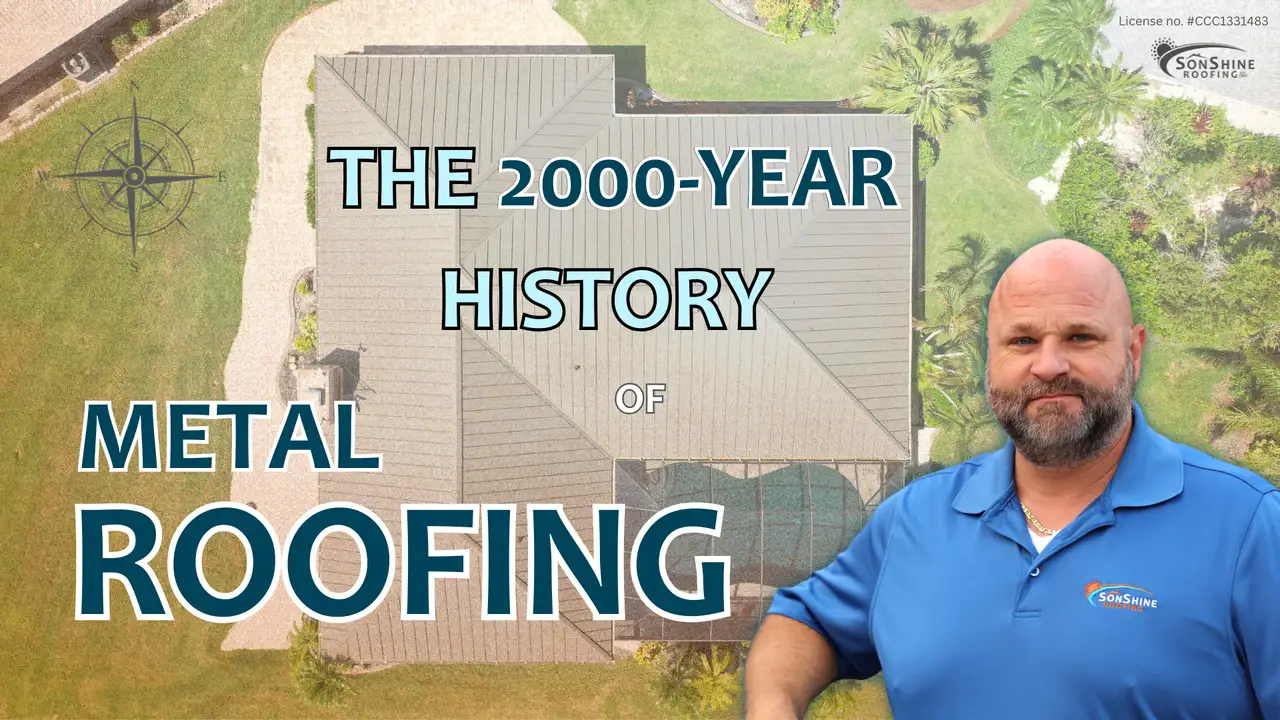Finding a reputable roofing contractor can feel daunting, especially when you’re faced with storm damage, leaks, or a complete roof replacement. As a homeowner in Sarasota, Florida, you want a roofing company that not only understands local climate challenges but also provides unmatched professionalism and top-quality results. At Sonshine Roofing, we take pride in delivering the highest standards of service to ensure your home stays safe, beautiful, and energy-efficient. In this post, we’ve compiled a thorough checklist to help you choose the best roofing contractor. Use this guide to make an informed decision and secure peace of mind for years to come.
How to Find the Best Roofing Contractor
-
Verify Credentials and Licensing
Before hiring any roofing contractor, the first step is to verify their credentials. In Florida, roofers must be properly licensed to perform roofing work. You can quickly check a contractor’s licensing status through the Florida Department of Business & Professional Regulation. A legitimate roofing company will also carry both liability insurance and workers’ compensation. This protects you from financial responsibility in case of accidents or property damage. At Sonshine Roofing, we are fully licensed and insured, so you can rest easy knowing your project is in reliable hands.
-
Look for Local Experience
Sarasota’s subtropical climate, which includes heavy rainfall, humidity, and occasional tropical storms, demands specific expertise. Working with a roofing contractor who has a proven track record in the region ensures they know how to handle local building codes and weather-related challenges. Ask about years of experience, completed projects in Sarasota, and any specialized training. Sonshine Roofing has proudly served Sarasota and surrounding communities for years, helping homeowners navigate everything from minor shingle repairs to major storm restorations. Local knowledge goes a long way in delivering long-lasting results and top-tier customer satisfaction.
-
Read Reviews and Ask for Referrals
Online reviews offer a glimpse into how a contractor treats customers and handles potential issues. Check popular review sites like Google, Yelp, or the Better Business Bureau. Look for patterns in testimonials, such as prompt communication, quality workmanship, and timely project completion. Don’t hesitate to ask the company for references from past clients. Reputable contractors will be happy to share success stories or even show you pictures of recent projects. At Sonshine Roofing, we value our reputation and love sharing feedback from homeowners who trust us for all their roofing needs.
-
Assess Communication and Professionalism
From your first phone call to project completion, your roofing contractor’s communication style and professionalism matter. A trustworthy roofer will be responsive, transparent about costs, and willing to address all your questions. When you schedule an estimate, observe punctuality, clarity in explaining the scope of work, and thoroughness of the inspection. At Sonshine Roofing, we believe that open, honest communication is the foundation of a successful roofing project. Our team will guide you through every step, so you know exactly what to expect.
-
Get Multiple Quotes and Compare
Even if you feel certain about one contractor, it’s wise to gather at least two or three estimates. This allows you to compare pricing, materials, and warranties. Remember, the lowest quote isn’t always the best. Low-ball estimates can indicate corners being cut on materials or labor. Conversely, an overly high quote might not be justified if the contractor can’t explain added value. At Sonshine Roofing, we aim to provide fair, transparent pricing while using top-of-the-line materials. We’ll thoroughly explain your roof’s needs and recommend solutions aligned with your budget.
-
Evaluate Warranty and Follow-Up Service
A solid warranty demonstrates confidence in the quality of workmanship and roofing products. Ask about both manufacturer warranties (which cover materials) and labor warranties (which cover installation). Reliable contractors will clearly outline what’s included and how to file a claim, should an issue arise. At Sonshine Roofing, our relationships with reputable material manufacturers ensure you get comprehensive coverage. Plus, we stand behind our labor to guarantee your peace of mind. If a concern ever arises after completion, our dedicated team will address it promptly.
Conclusion
By following this checklist—verifying credentials, seeking local experience, checking reviews, assessing communication, comparing estimates, and evaluating warranties—you’re well on your way to finding the best roofing contractor in Sarasota. At Sonshine Roofing, we pride ourselves on delivering quality craftsmanship and exceptional customer service that stands the test of time. Whether you need a simple repair or a full roof replacement, trust our team to protect your biggest investment.













